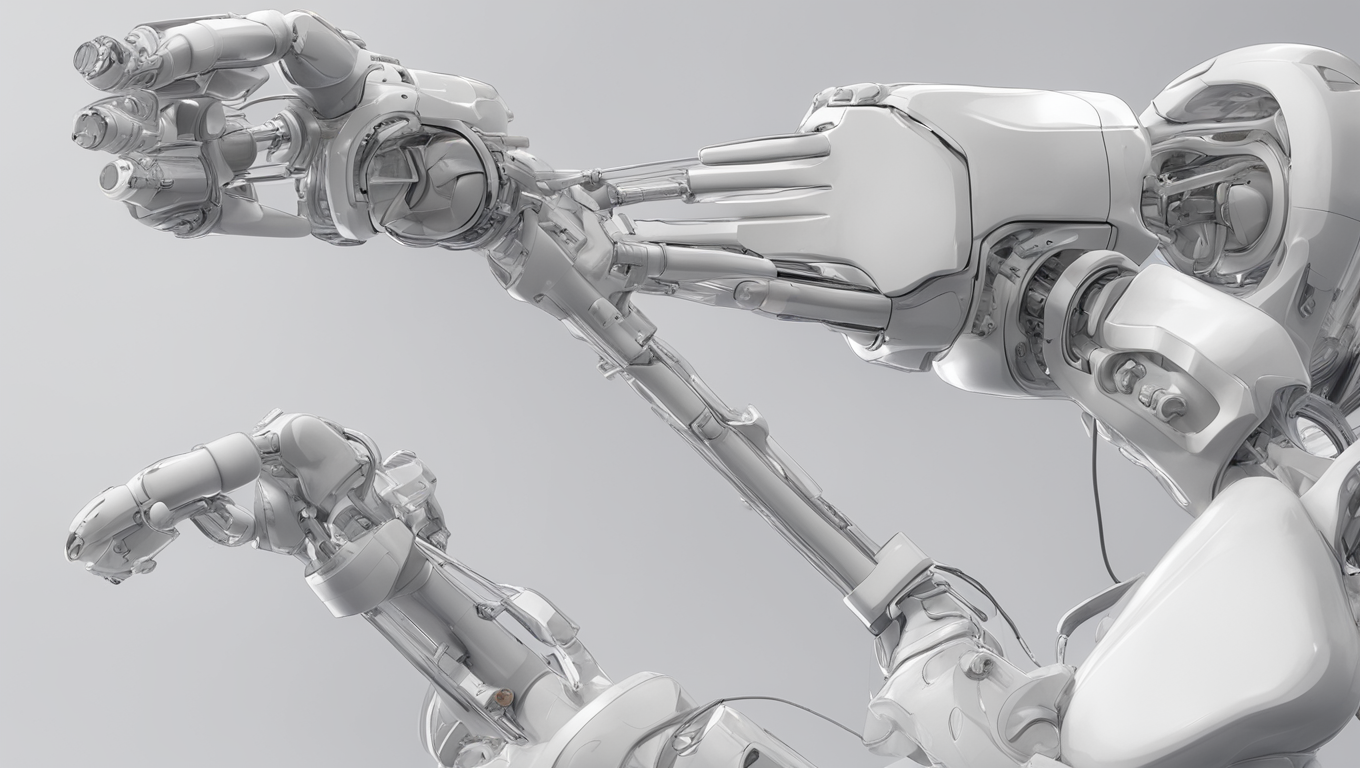Artificial Intelligence (AI) has shown promising results in boosting the detection rate of colon tumors, according to a study conducted by researchers at the Chinese University of Hong Kong’s medical faculty. The study found that AI can assist less experienced doctors in accurately spotting tumors, particularly smaller growths called adenomas, during colonoscopies. Dr. Louis Lau Ho-shing, an assistant professor of medicine and therapeutics, explained that AI acts as “an extra pair of eyes” by identifying potential tumors in the video footage obtained from the endoscope, a device with a tiny camera used in colonoscopies.
Typically, traditional colonoscopies require doctors to multitask and examine the video footage to assess the condition of the patient’s colon. However, fatigue or lack of experience can increase the chance of missing smaller lesions that could potentially progress to cancer in the future. By using AI as a detection tool, the research team aims to reduce the “miss rate” and improve the overall accuracy of tumor identification.
In Hong Kong, colorectal cancer is the second most common form of the disease and the second-highest cause of cancer deaths after lung cancer. In 2021, the city reported 5,899 new cases, accounting for 15.3 percent of all new occurrences of the disease that year. To address this issue, the government runs a subsidized screening program for residents aged between 50 and 75.
The Chinese University of Hong Kong’s medical faculty has been studying the use of advanced technology in cancer treatment for nearly 20 years and started incorporating AI into colonoscopies in 2021. Previous studies have shown that AI can improve tumor detection rates for experienced doctors. However, this study aimed to assess whether AI could benefit less experienced doctors.
Between April 2021 and July 2022, the research team recruited 22 junior doctors, each with fewer than 500 colonoscopies under their belt, to perform the procedure on 766 patients. 386 patients underwent the procedure with the assistance of the AI tool, while the rest were examined conventionally. The results, published earlier this year, revealed that the group using AI had an overall adenoma detection rate of 57.5 percent, compared to 44.5 percent for the conventional group. The AI tool’s benefits were especially evident in detecting small tumors, where the AI-assisted doctors had a 40 percent detection rate compared to only 25 percent in the conventional group.
Newer doctors who had performed fewer than 200 colonoscopies also saw significant improvement. Those using AI achieved a 60 percent detection rate, while the others achieved around 42 percent. These findings highlight the potential of AI in enhancing the skills of less experienced doctors and facilitating early tumor detection.
While a few of the city’s public hospitals have purchased the AI detection tool, no official guidelines have been issued regarding its application. Dr. Lau hopes that these promising results will lead to wider use of AI in colonoscopies and improve the detection rate of colon tumors.
Furthermore, the medical faculty has developed an AI-based platform called AI-Endo to train doctors in performing early-stage gastrointestinal cancer surgery. This procedure allows the removal of stage one tumors without invasive surgery, but it requires a high level of skill. AI-Endo, built over two years, helps doctors predict the necessary steps in the surgery in real time and generates a post-operation report. The collaboration between the medical and computer science and engineering departments utilized 12 years' worth of surgical data, which the team believes might be one of the largest sets of information in the world. Clinical trials for AI-Endo are expected to begin next year.
The integration of AI in medicine shows immense potential in improving diagnostics and surgical procedures, ultimately leading to better patient outcomes. With further advancements in AI technology and its widespread adoption, we can expect significant progress in the field of healthcare in the years to come.





Use the share button below if you liked it.